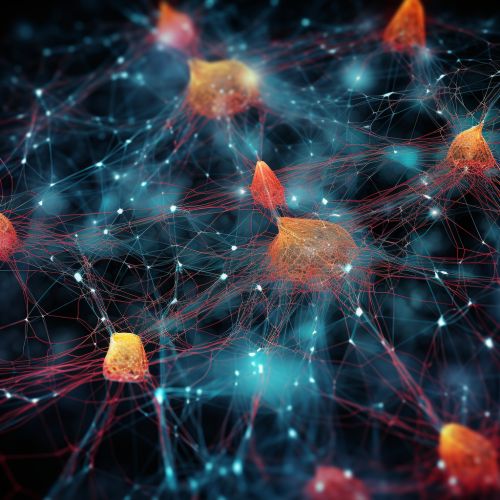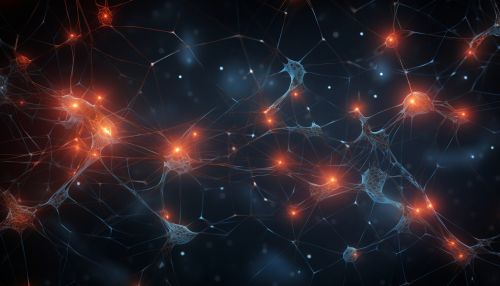Habituation
Introduction
Habituation is a form of learning in which an organism decreases or ceases its responses to a stimulus after repeated or prolonged presentations. This fundamental process plays a key role in how organisms learn to interact with their environment and is considered one of the simplest forms of learning.


Definition and Overview
Habituation is defined as an organism's diminishing response to a stimulus due to constant exposure. It is a basic form of learning that involves a decrease in response to a repeated stimulus. This process is not due to sensory adaptation or motor fatigue. Instead, it is a psychological process that allows organisms to filter out irrelevant or non-threatening stimuli, thereby conserving energy and attention for more significant stimuli.
Mechanism of Habituation
The exact mechanism of habituation is not fully understood, but it is believed to involve changes in the nervous system. When an organism is repeatedly exposed to a stimulus, the nerve cells (or neurons) that transmit information about the stimulus to the brain become less responsive. This is thought to occur because the repeated firing of the neurons leads to a decrease in the amount of neurotransmitter they release. As a result, the signal sent to the brain is weaker, leading to a diminished response to the stimulus.


Types of Habituation
There are two main types of habituation: short-term and long-term. Short-term habituation occurs quickly, often within minutes or hours, and is reversible. If the stimulus is not presented for a period of time, the response will return to its original level. Long-term habituation, on the other hand, occurs over a longer period of time and is more permanent. It involves structural changes in the nervous system, such as the growth of new synapses or the strengthening of existing ones.
Role in Behavior and Learning
Habituation plays a crucial role in behavior and learning. By reducing responses to irrelevant or non-threatening stimuli, it allows organisms to focus their attention on novel or significant stimuli. This is particularly important in complex environments, where organisms are constantly bombarded with sensory information. Habituation also plays a key role in the development of social behaviors, such as the ability to recognize and remember individuals.


Habituation in Different Species
Habituation has been observed in a wide range of species, from simple organisms like sea slugs to complex animals like humans. In humans, habituation is involved in many aspects of daily life, from the ability to tune out background noise to the development of social skills. It is also a fundamental process in the development of language and other cognitive skills.
Clinical Significance
In clinical settings, habituation is a key concept in the treatment of various psychological disorders. For example, in exposure therapy for anxiety disorders, patients are repeatedly exposed to the feared stimulus until they become habituated to it and their anxiety decreases. Similarly, habituation is used in the treatment of phobias, obsessive-compulsive disorder, and post-traumatic stress disorder.


Research and Future Directions
Research on habituation continues to shed light on the fundamental processes of learning and memory. Future research directions include exploring the genetic and molecular mechanisms of habituation, investigating the role of habituation in various cognitive processes, and developing new therapeutic strategies based on habituation principles.
